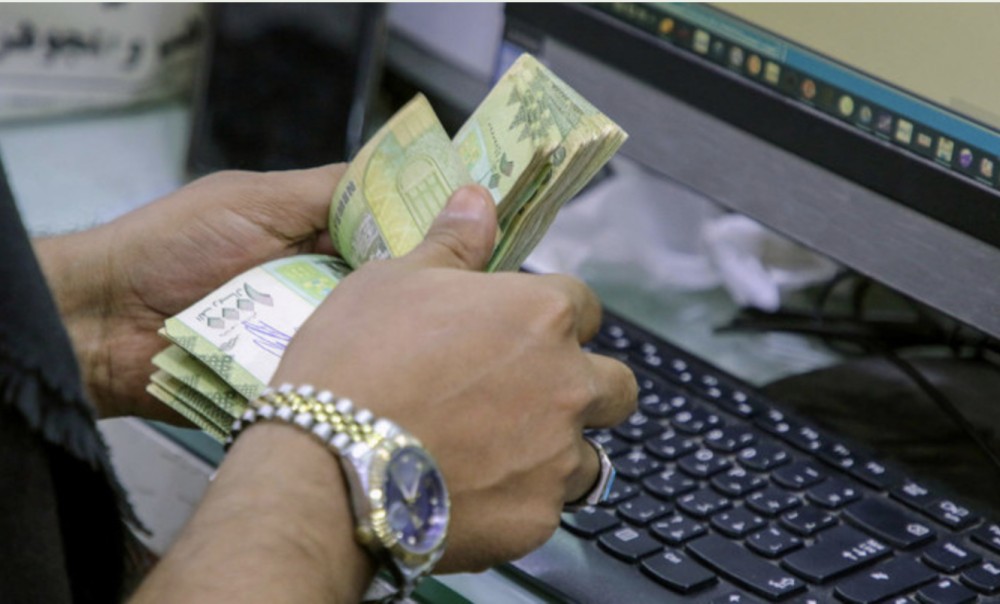Violence erupts in Yemen as riyal hits new record low


Protests erupted in many Yemeni cities controlled by the internationally recognized government on Wednesday, as the Yemeni riyal fell to a new low.
The riyal sank to 1,500 per dollar in Aden and other cities, plummeting from the May figure of 1,300 and ending months of stability.
Angry demonstrators blocked key roads and set tires on fire in Aden and Al-Mukalla, while businesses, exchange firms and shops closed their doors in protest at the currency’s depreciation.
Local trade unions and social media users have called for widespread protests and civil disobedience in government-controlled areas until the Yemeni government intervenes to halt the riyal’s decline.
Several people were killed in previous demonstrations in Al-Mukalla and Aden after protesters clashed with local security forces over the deteriorating economic situation and falling riyal.
Since early 2022, when the Presidential Leadership Council was formed and the government returned to Aden, the Yemeni riyal had been trading at 1,200 per dollar.
The currency received a further boost after Saudi Arabia announced a $1 billion deposit with the state bank.
However, in May, the riyal began to decline in value, reaching a low of 1,300 per dollar after peace efforts in Yemen stalled and the presidential council was unable to remain at home.
Rashad Al-Alimi, the council chairman, on Wednesday pledged to halt the riyal’s fall and regulate the exchange markets.
Without elaborating on his government’s plans, Al-Alimi told a meeting with the French Ambassador to Yemen, Jean-Marie Safa, in Riyadh that the government will “urgently” act to halt the riyal’s depreciation.
During earlier rounds of currency depreciation, the central bank in Aden shuttered unlicensed money exchange shops, threatened to suspend enterprises that did not follow the bank’s laws, and offered dollars to local traders to import products and fuel.
Local traders told Arab News on Wednesday that they will stop buying and selling items until the Yemeni riyal stabilizes, adding that only large retailers accept the Saudi riyal.
Prices for essential items, including flour, sugar and cooking oil, have risen by 20 percent.
“If I bought goods now, I’d be a loser with no profit. I should wait awhile,” Abdullah, who owns a small grocery store in Al-Mukalla, said.
Experts say that Houthi drone attacks on oil facilities and a halt to oil exports have brought the government to the brink of bankruptcy, and it has only limited options to address the currency crisis, including requesting a new financial package from Saudi Arabia and international donors.
The Houthis recently deprived the government of Marib gas and tax money from ports after forcing local traders to import items through Hodeidah. The militia also banned gas tankers from entering their territory from government-controlled Marib.

Paris — The French humanitarian organization Acted announced that it has delivered cash assistance to nearly 89,000 people affected by displa…

Sana’a — Fuel and food imports into ports under the control of Yemen’s Houthi movement on the Red Sea have continued to fall for…

ADEN — Yemen Airways, the country’s national carrier, announced it will resume flights between Aden and Abu Dhabi beginning in January…